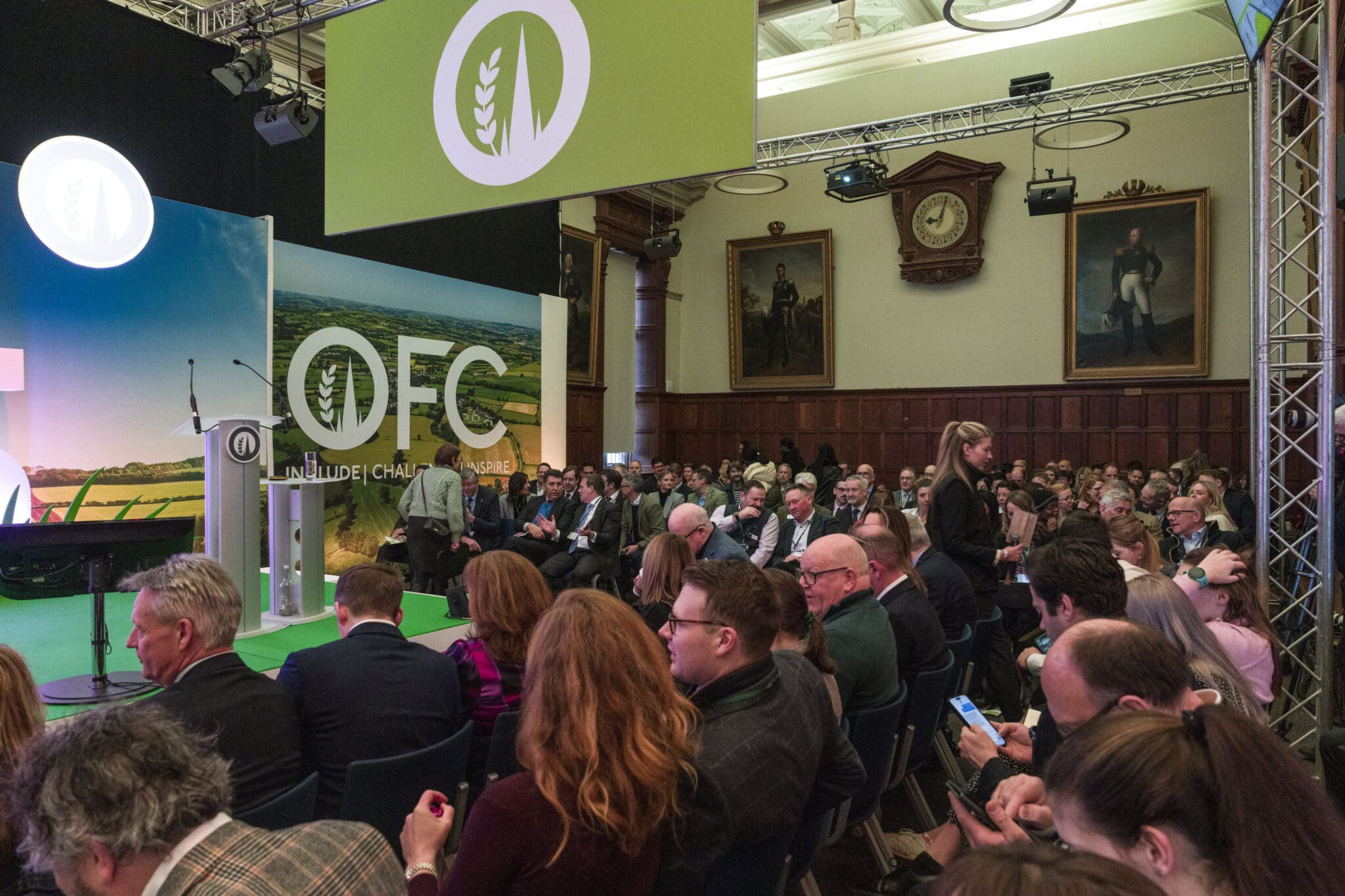Bedfordshire is fast becoming a hub for major investment, with two game-changing projects poised to raise the county’s global profile. The recent £3.6 million investment by cryptocurrency billionaires Cameron and Tyler Winklevoss into Real Bedford FC, alongside Universal Studios’ proposal to build its first European theme park in Bedford, signals a new era of economic growth and opportunity for the region.
As a Bedfordshire-based platform, The Gadget Man is at the heart of these exciting developments, keeping a close eye on how technology, business, and entertainment are shaping the future of the county. Additionally, The Gadget Man has close ties with the University of Bedfordshire and the Bettany Centre for Entrepreneurship at Cranfield University, further strengthening its connection to innovation and business growth in the region.
The Winklevoss Investment in Real Bedford FC
Real Bedford FC, owned by entrepreneur and Bitcoin advocate Peter McCormack, has already been making waves in the footballing world with its Bitcoin-powered financial model. Now, with the backing of the Winklevoss twins—who have taken a 45% stake in the club—the ambition is to take Bedford football to new heights.
This investment isn’t just about money; it’s about infrastructure, growth, and sustainability. The funds will be used to develop a training centre, launch a talent academy, and expand youth football initiatives, reinforcing Real Bedford’s long-term ambitions to climb the football pyramid.
A Merger on the Horizon?
In another groundbreaking development, Real Bedford FC and Bedford Town FC have announced talks regarding a potential merger. Bedford Town FC, with its rich history and established supporter base, has long been a key part of the town’s sporting identity. The idea behind the merger is to combine Real Bedford’s commercial and digital success with Bedford Town’s loyal fanbase and strong foundations.
If successful, the merger could create a powerhouse club with greater resources, enhanced community engagement, and a stronger competitive edge. Peter McCormack would serve as chairman, while Bedford Town’s Jon Taylor and Ben Banks would remain as non-executive directors to ensure continuity and tradition.
Universal Studios Eyes Bedford for Its First UK Theme Park
While Real Bedford’s transformation is capturing the attention of sports fans, Universal Studios has set its sights on Bedfordshire as the location for its first theme park and resort in Europe. The entertainment giant has confirmed the purchase of a 476-acre parcel of land near Bedford and is currently exploring the feasibility of building a world-class attraction.
The proposed park would be a major tourist destination, bringing in millions of visitors each year and generating thousands of jobs. The economic ripple effect would extend beyond the park, benefiting local businesses, tourism, and infrastructure development. Universal Studios is currently engaging with local stakeholders to gather feedback on how the project can best integrate with the community.
Bedfordshire on the Global Stage
With both the Winklevoss-backed football revolution and Universal Studios’ ambitious plans, Bedfordshire is quickly emerging as a region of major investment and growth. The combination of sports, technology, and entertainment investments will not only reshape the local economy but also put the county on the map for global audiences.
For fans, entrepreneurs, and investors, these developments present an unprecedented opportunity to witness and participate in the transformation of Bedfordshire. Whether you’re into football, theme parks, or the intersection of technology and entertainment, there’s no doubt that exciting times lie ahead for the region.
As always, The Gadget Man will be following these stories closely, bringing you updates on how these major investments are transforming our home county.








